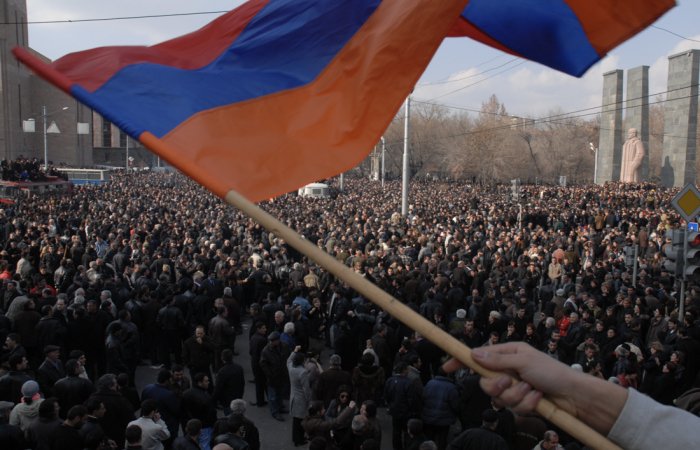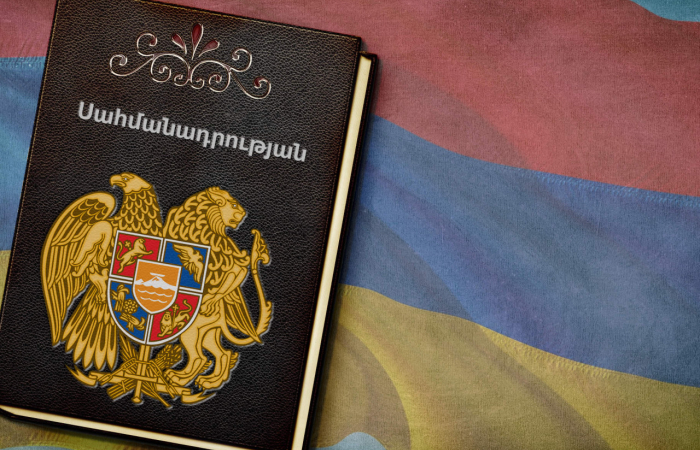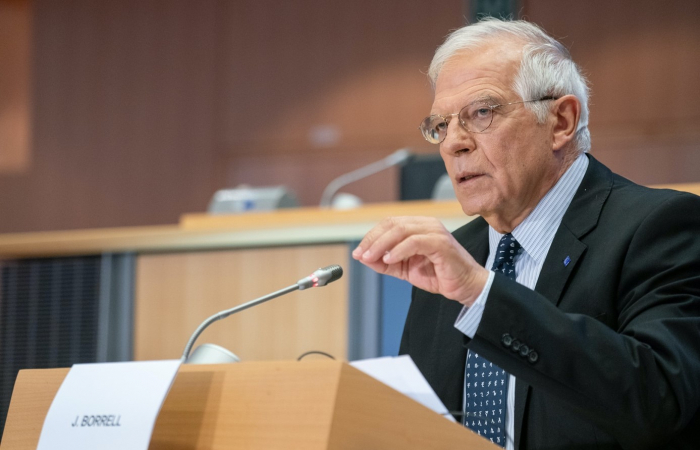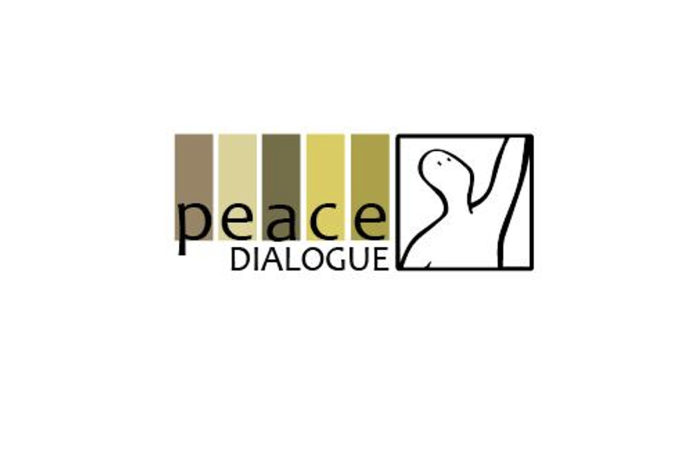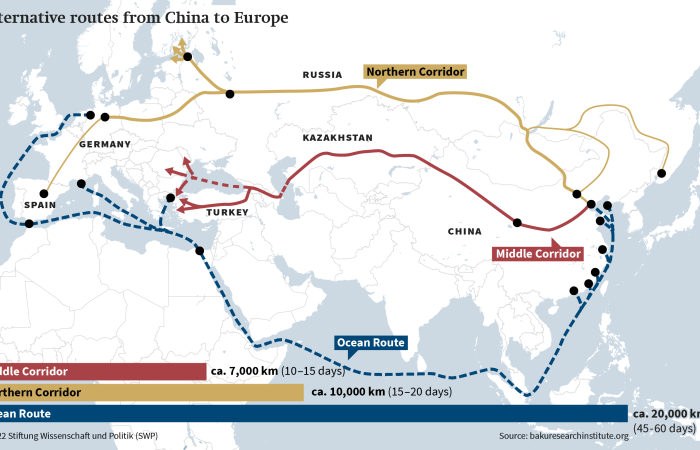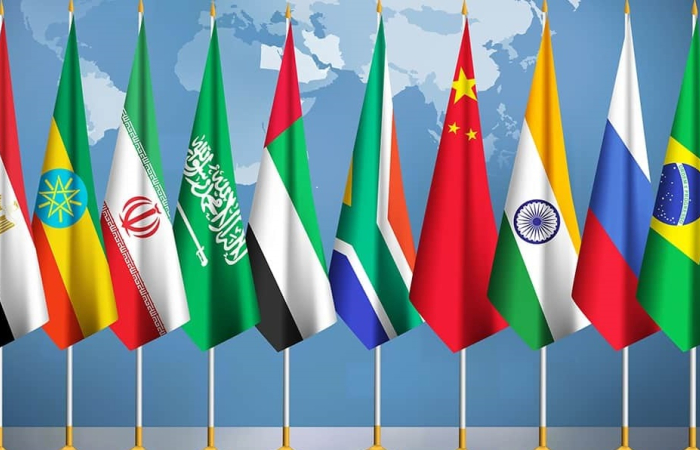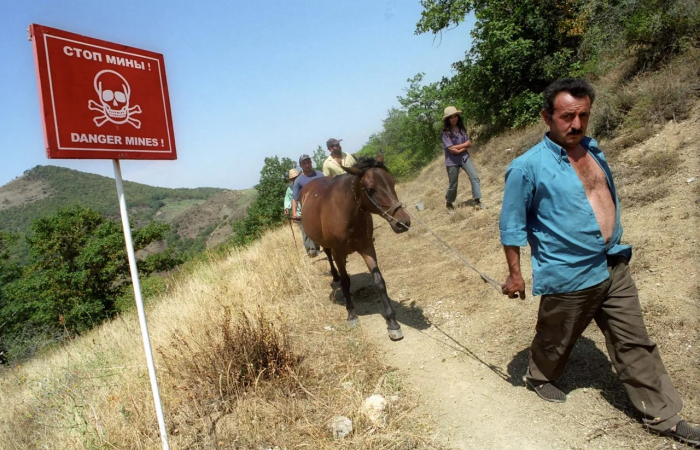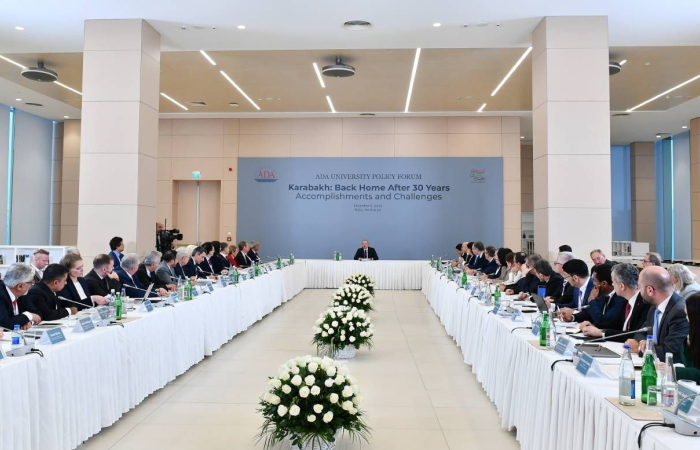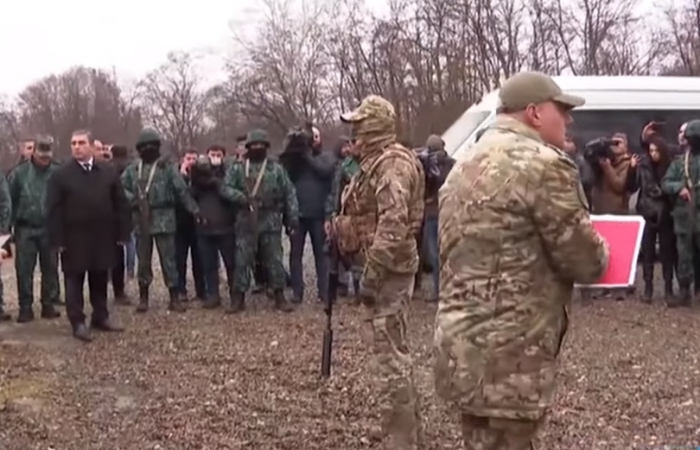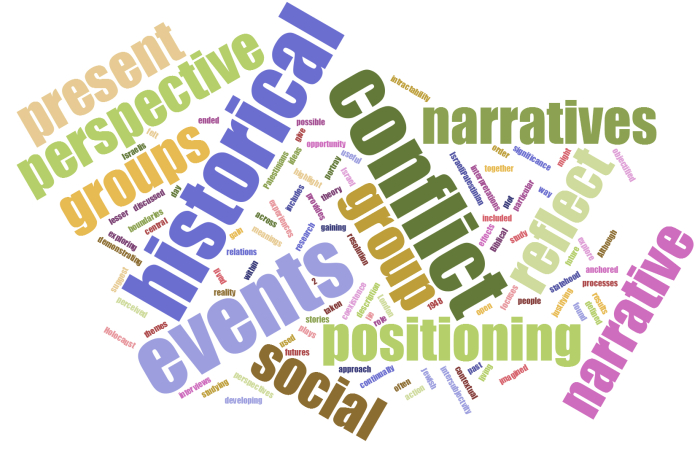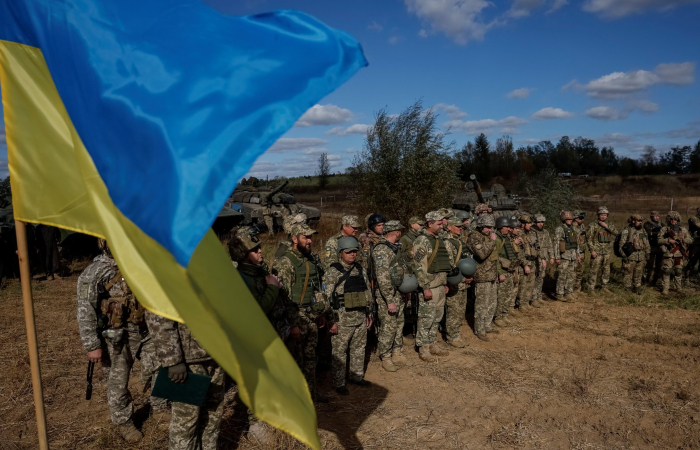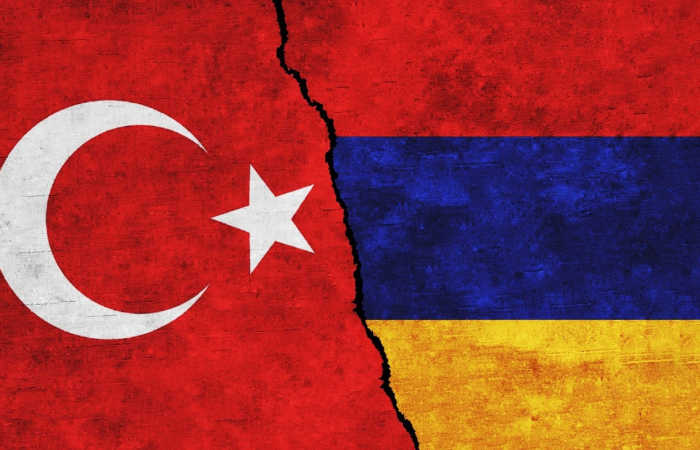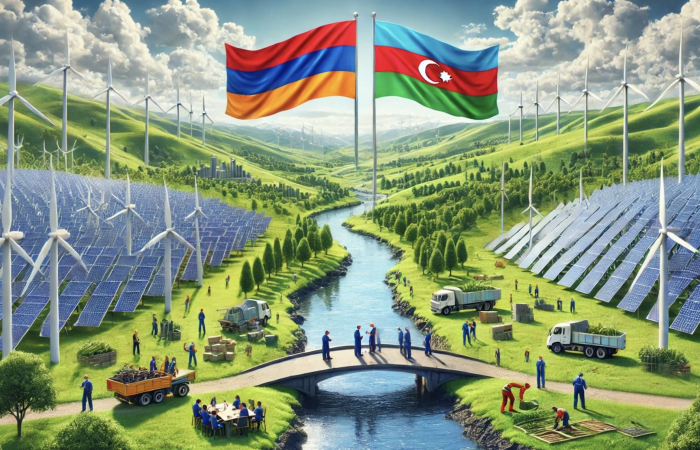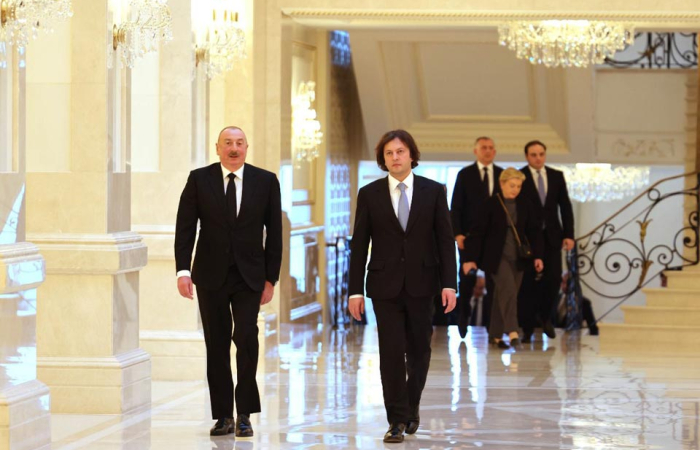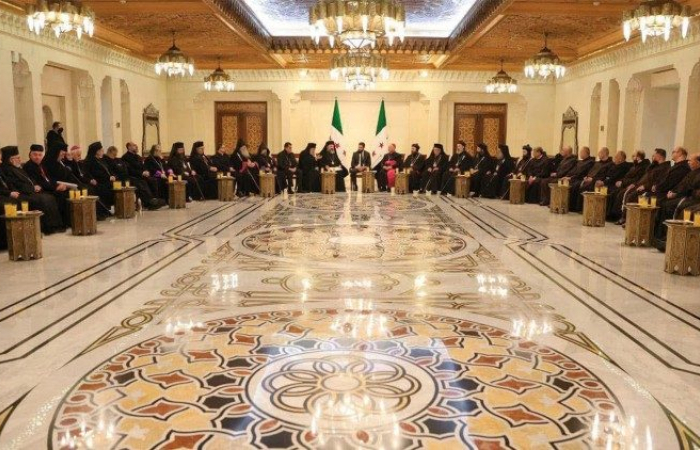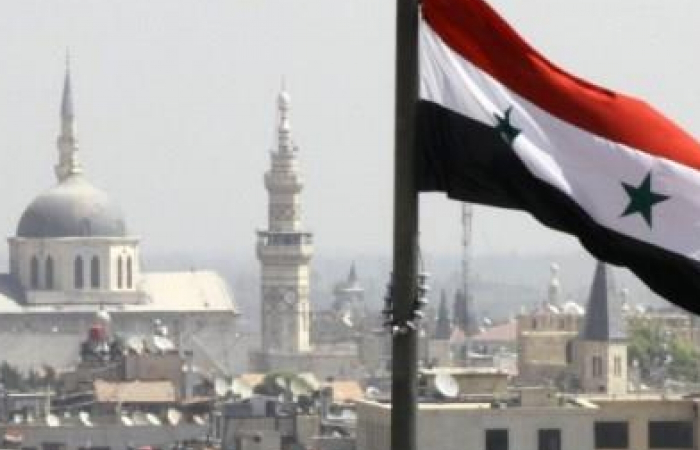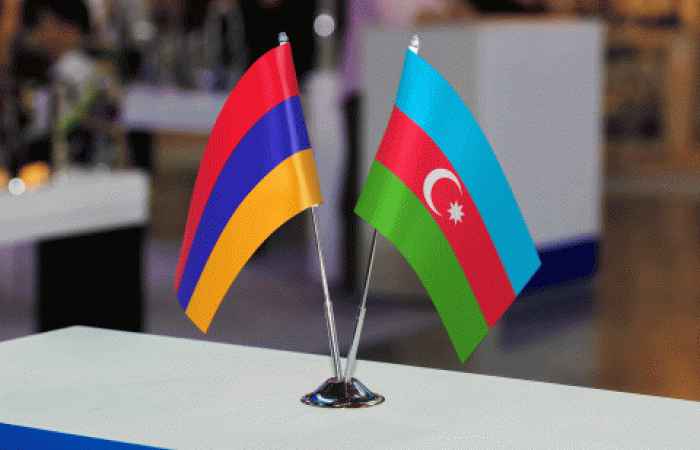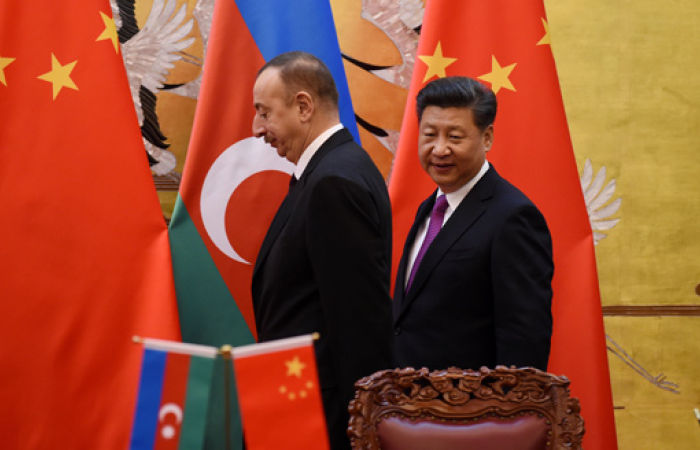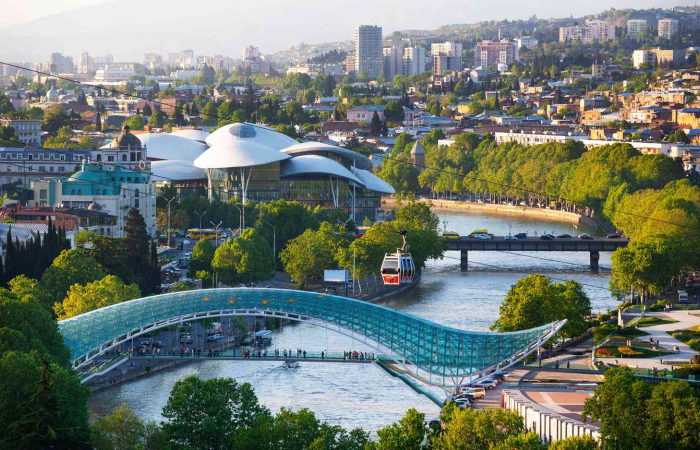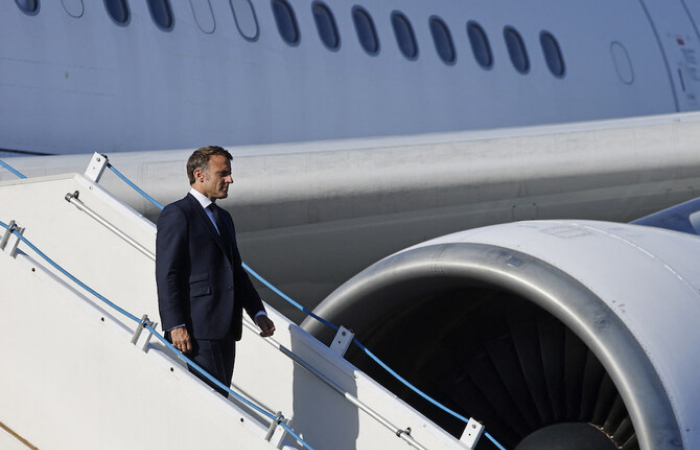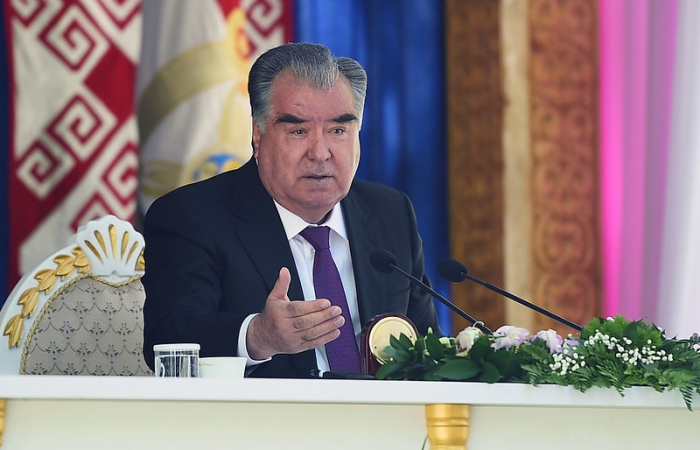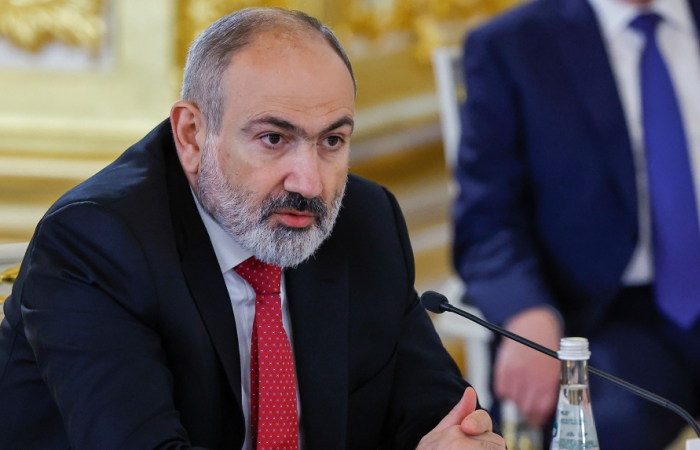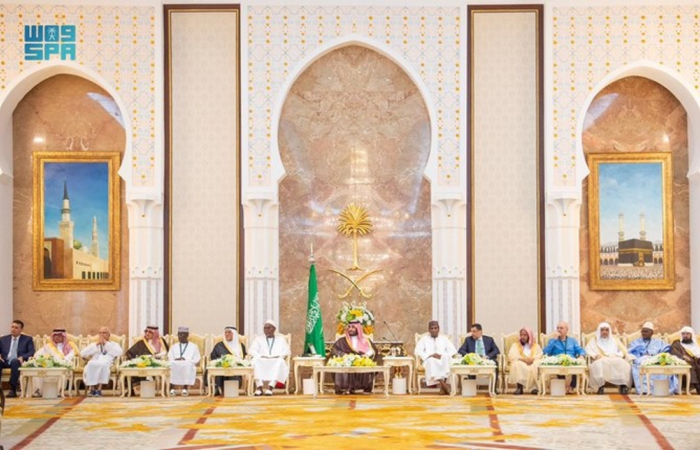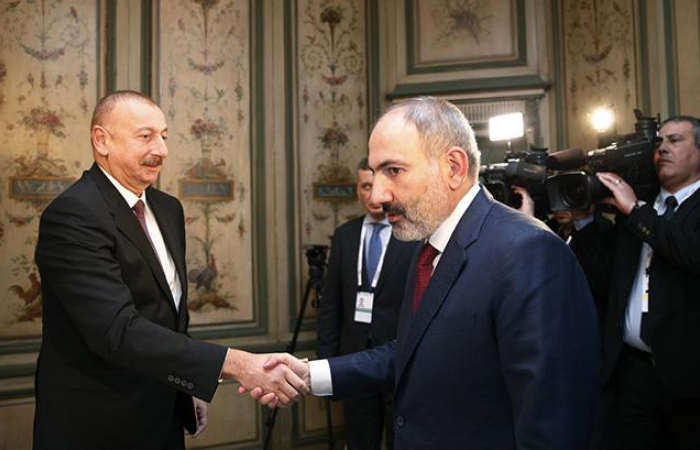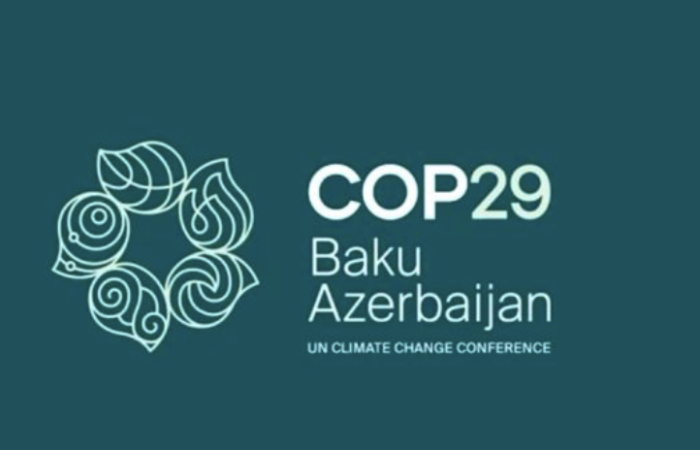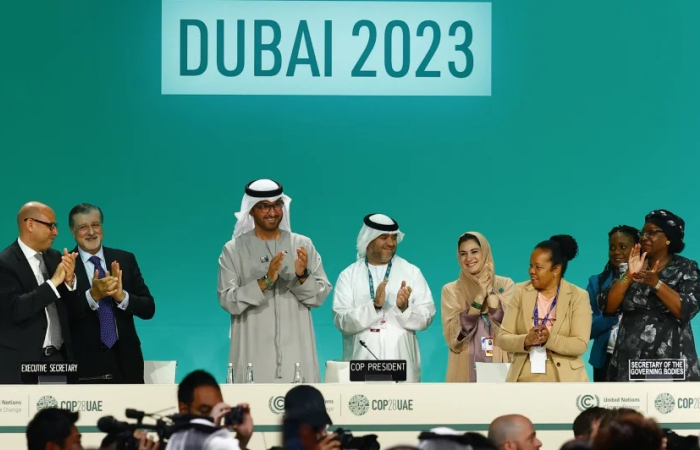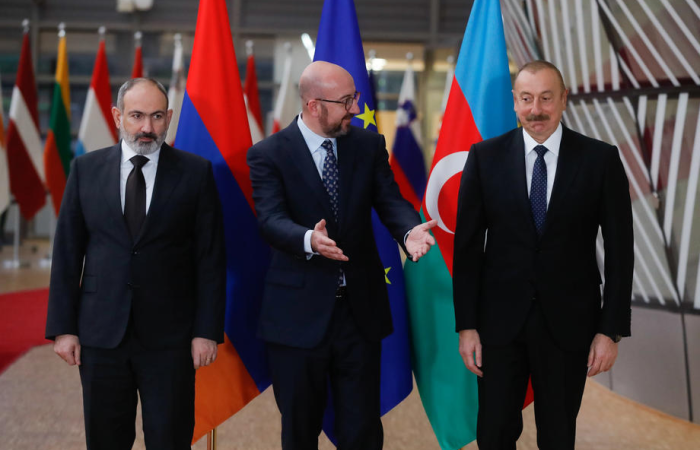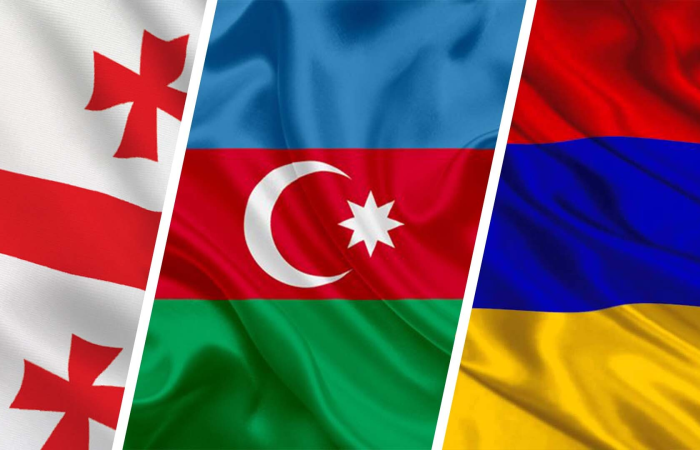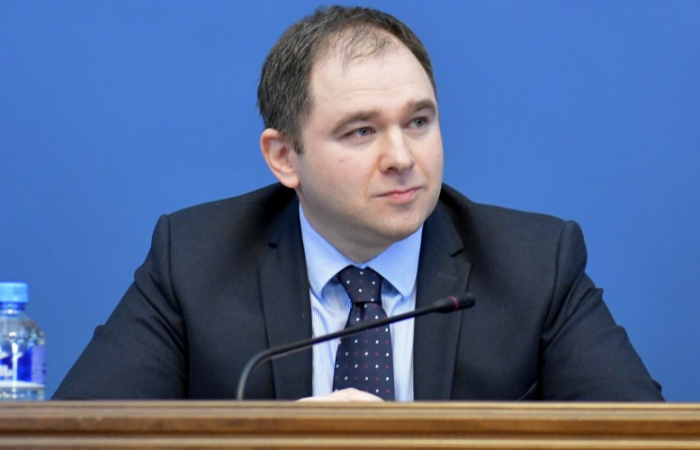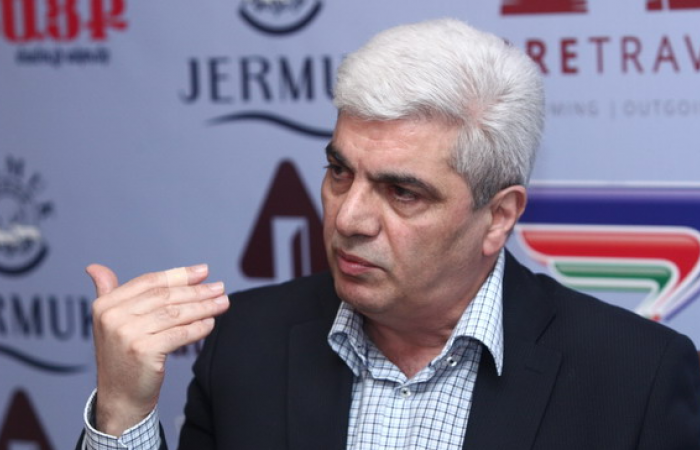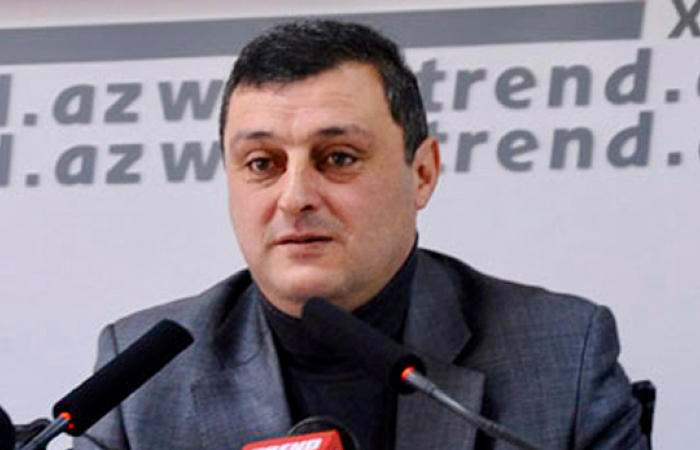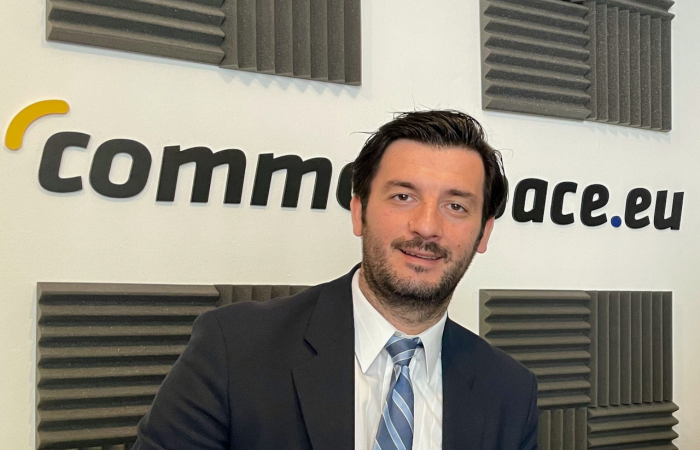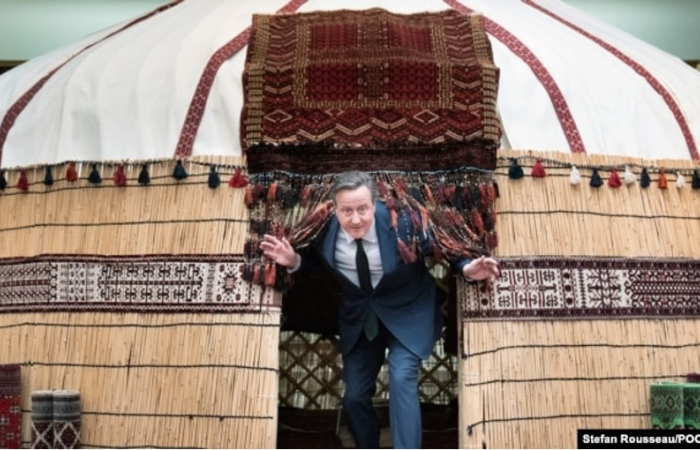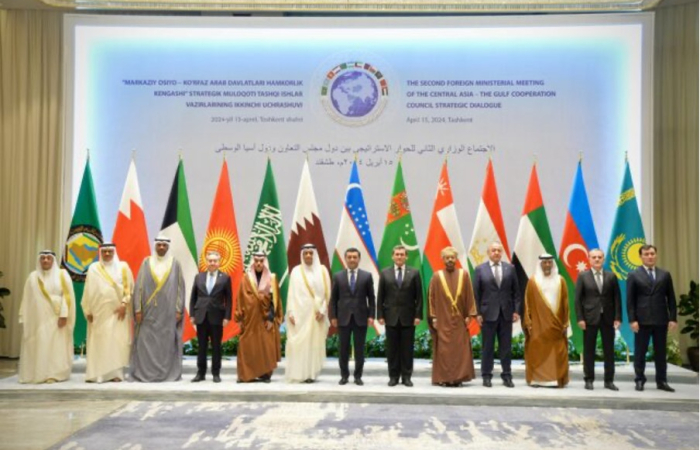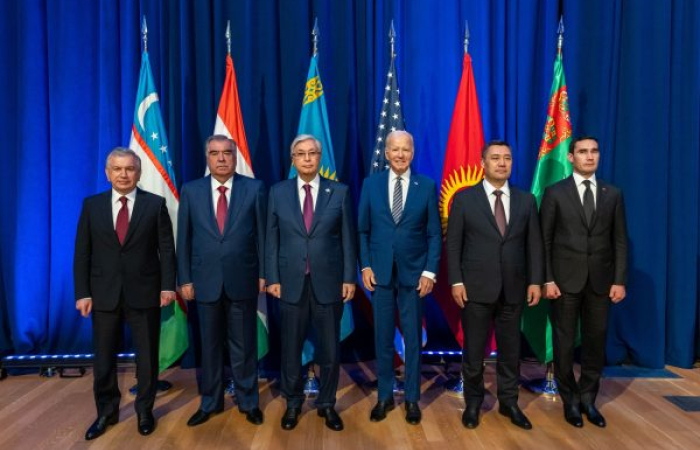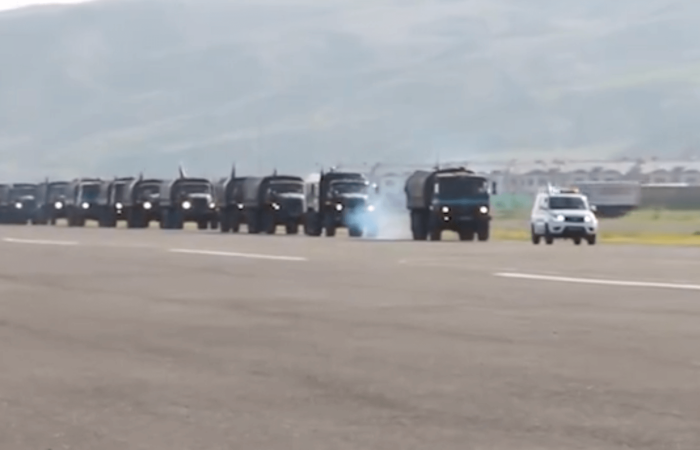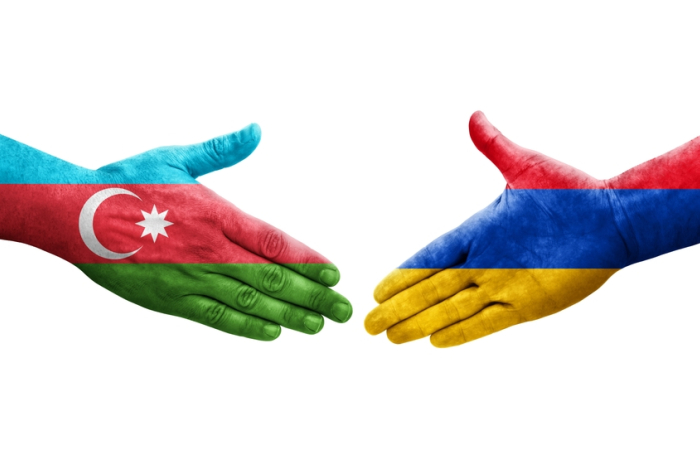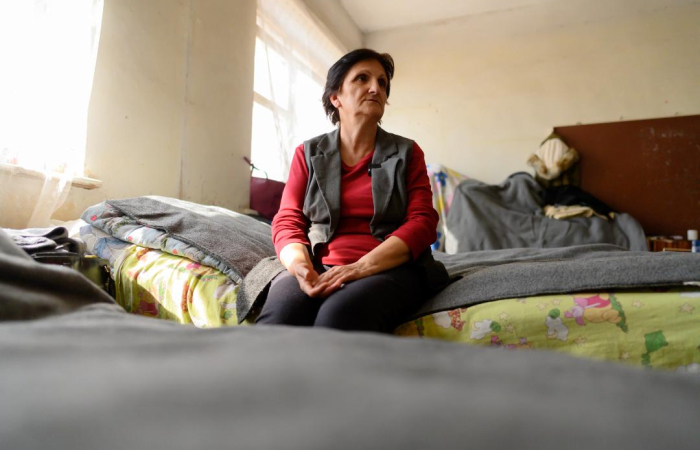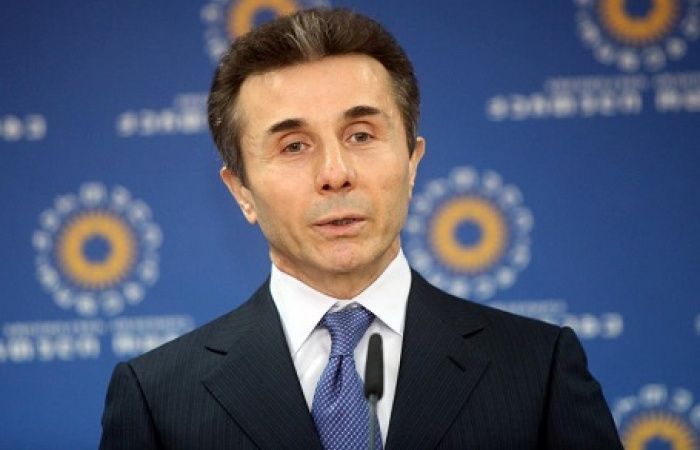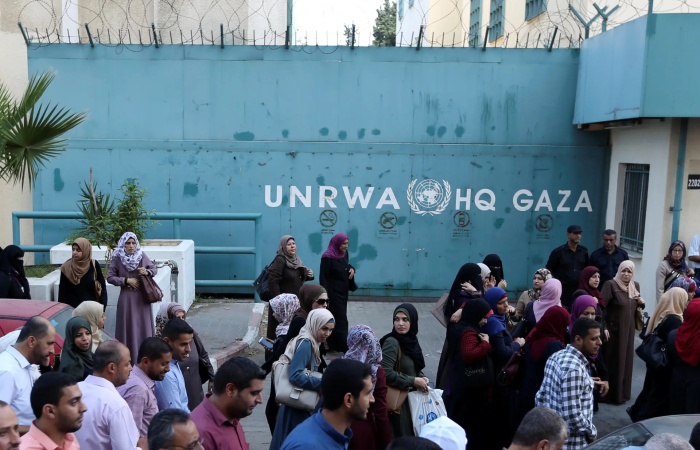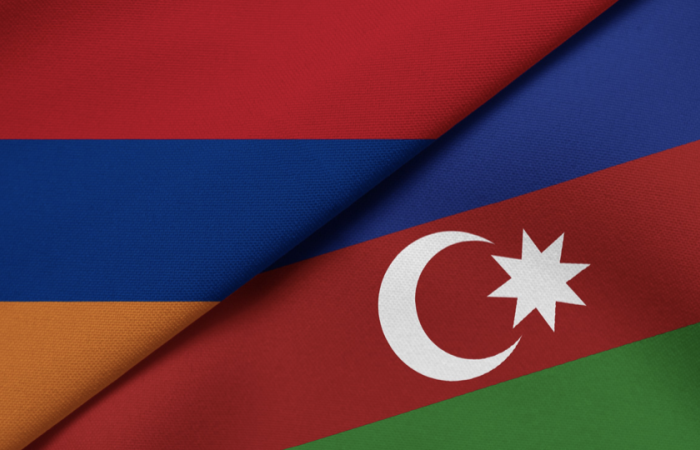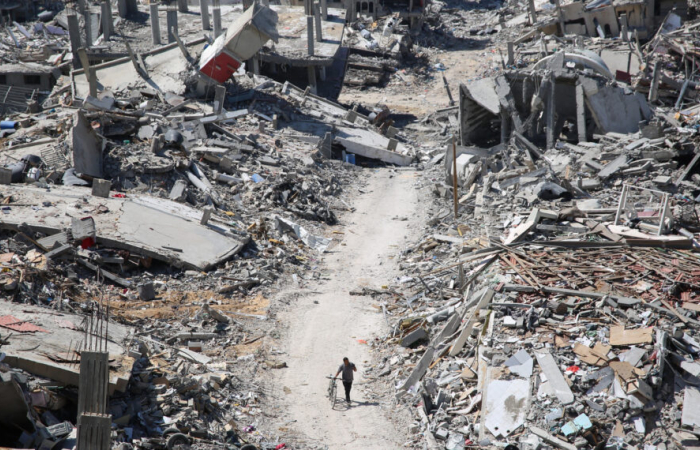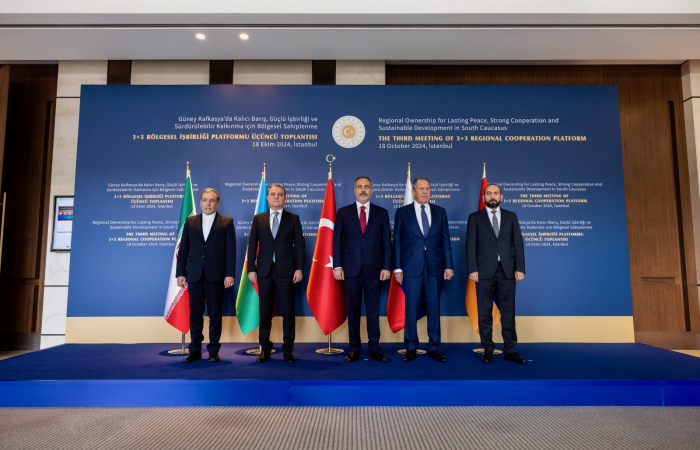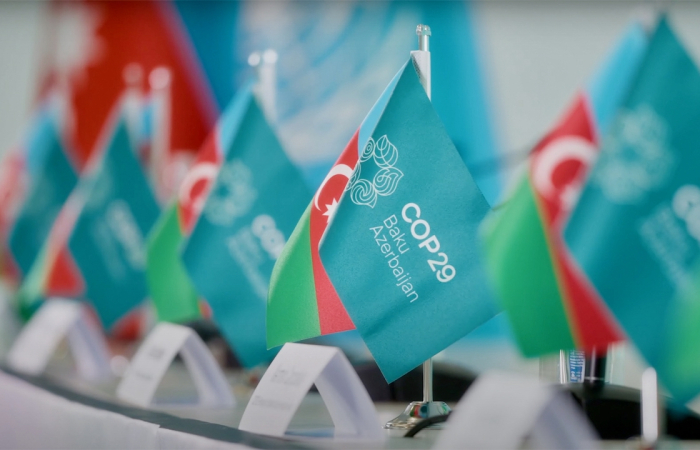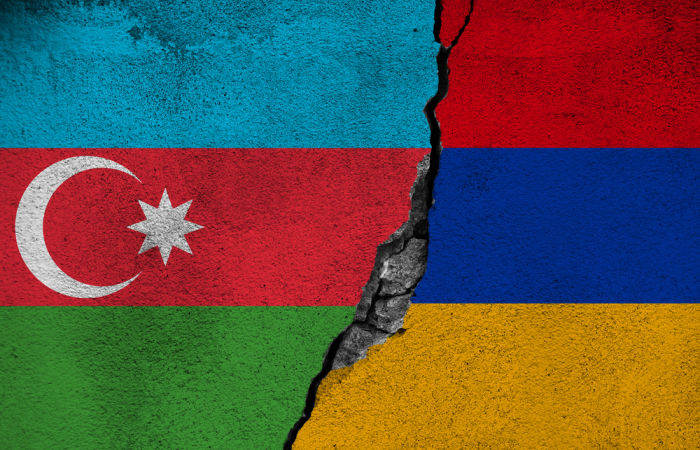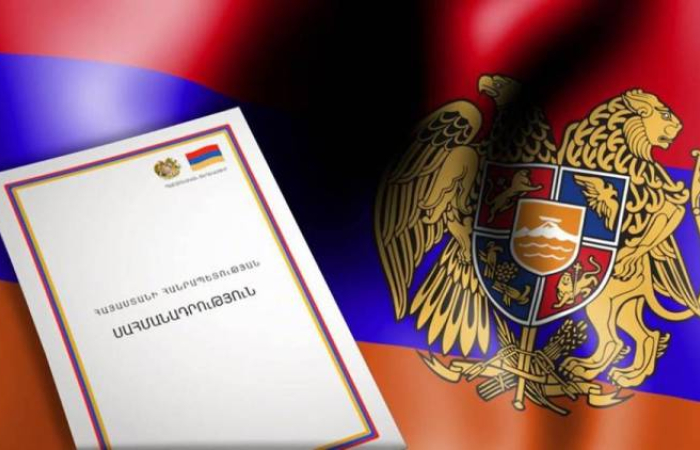Editor's choice
This is a members’ functionality. Please
Sign upEditorial
Trending
Editorial: COP29 in Baku needs to be also a summit of peace
9 May 2024
The nexus between “climate change, peace and security” has been at the centre of attention for many years. It is not only about how climate change is exacerbating environmental conditions, increasing the prospects for conflict on owning and sharing resources, and accentuating already existing problems, such as for example water shortage in the Sahel, but it is also about how conflicts are contributing directly to a worsening environmental situation, increasing the gravity of climate change. With major climatic incidents now a regular occurrence across the world, and from which no one is spared, minds have recently become more focused. At COP28 in Dubai in December 2023, the UAE took the initiative to bring the discussion within a COP context. Here again, there was no consensus, with Russia, China and some of the countries in the Global South resisting, But the UAE persisted, and found a way through which they could do three things: insert the theme in the proceedings of COP28; establish a dedicated day during the COP summit where the focus was peace, and push for the adoption, even if not by consensus of the “COP28 declaration on Climate, Relief, Recovery and Peace“.
This was a big achievement, but only a start. It is clear that what was achieved in Dubai needs to be consolidated and developed in Baku in November 2024. The Azerbaijan government, host of COP29 was initially reluctant to go too far in the inclusion of the peace agenda in COP29 but they have now warmed up to the idea. Over the weekend, the Presidential Foreign Policy Advisor, Hikmet Haciyev, spoke about the possibility of having a COP truce during the Baku summit. There are more than a hundred ongoing armed conflicts in the world. Securing a cease-fire in even one of them would be positive and welcome, but may be very difficult to achieve. A COP29 cease-fire may be an aspiration, but the focus should be on more tangible objectives, and particularly on building on what has been already achieved in COP28
This can include:
Having the theme Climate Change, Peace and Security as a theme of COP29; More specifically in Baku the focus should be on water scarcity; food insecurity and landmine contamination and the linkage between conflict and environmental degradation
• Having a dedicated day of peace in the COP29 programme, with the participation of the UN Secretary-General, and a gathering of Nobel Peace Price winners
• Adopting a new declaration, building on the one agreed in Dubai in November, which would also have the possibility of signatories presenting packages that could be practical tools for moving forward some of the ideas contained in it.
All this is doable. There are then other issues on which work needs to be done, but which are also achievable. Will COP29 be historic also because it would be the first time an Armenian leader visits Baku since the long conflict of the last three decades? Armenian Prime Minister Nikol Pashinyan does not shy away from difficult decisions. He can very well see the value of this gesture, particularly since in Baku he will not only be welcomed by the leader of Azerbaijan, but by the biggest gathering of world leaders ever to gather in the South Caucasus. President Aliyev and Prime Minister Pashinyan can co-host a special event at the dedicated Peace Day. Imagine the significance of that!
All the ingredients exist to make COP29 in Baku a historic summit of peace and it should not be missed. But there is much work to be done yet, and the negativity of the malcontents needs to be overcome.
commonspace.eu editorial team




